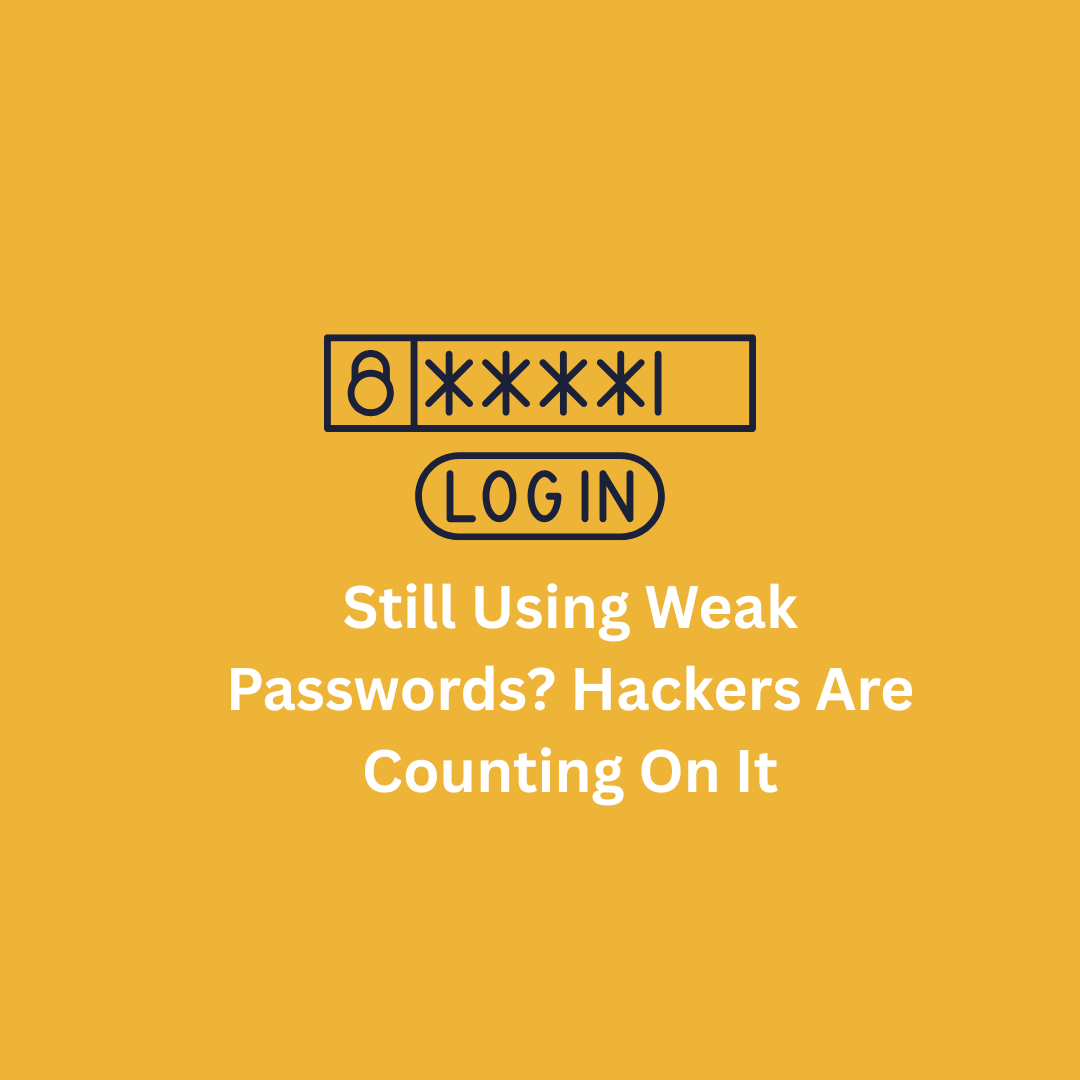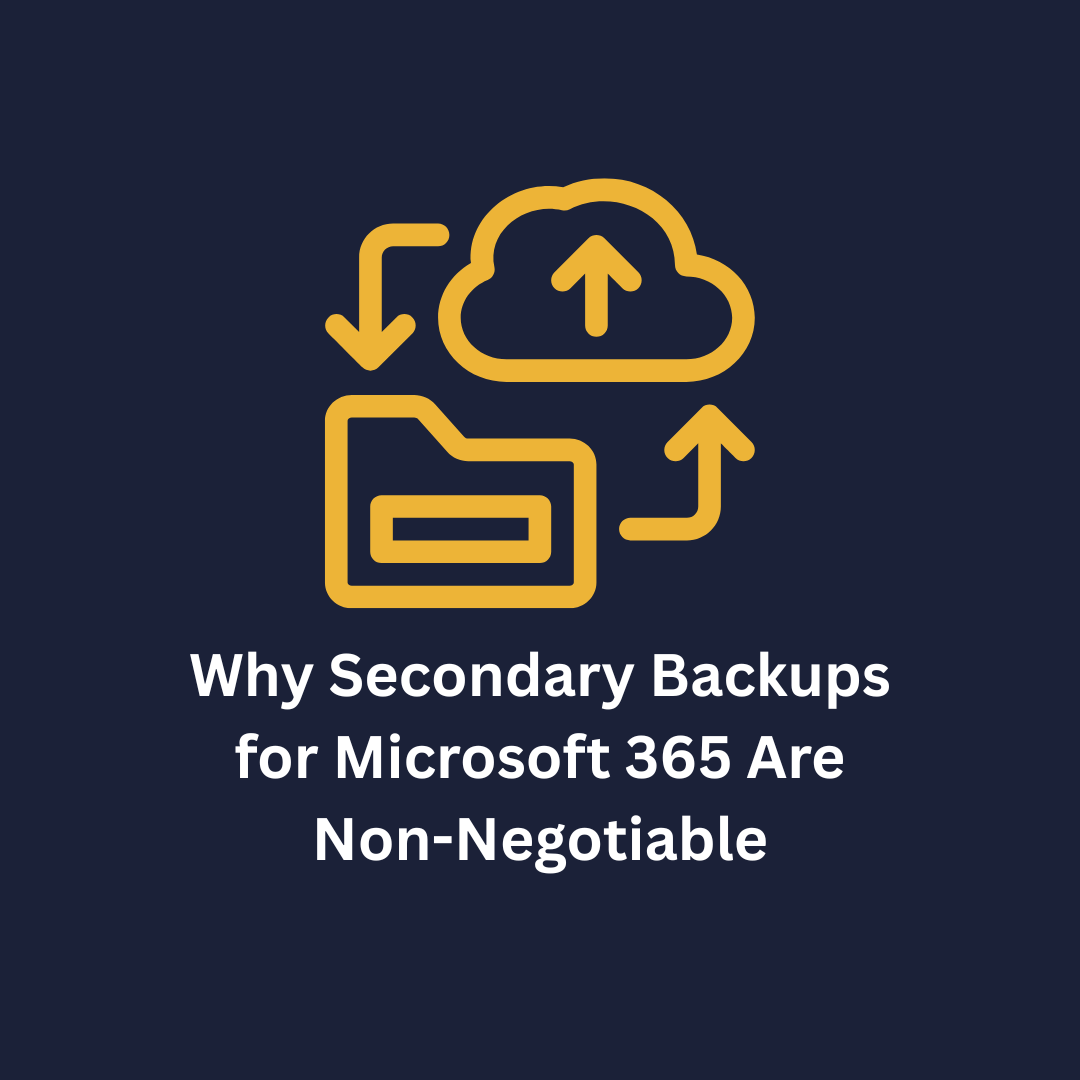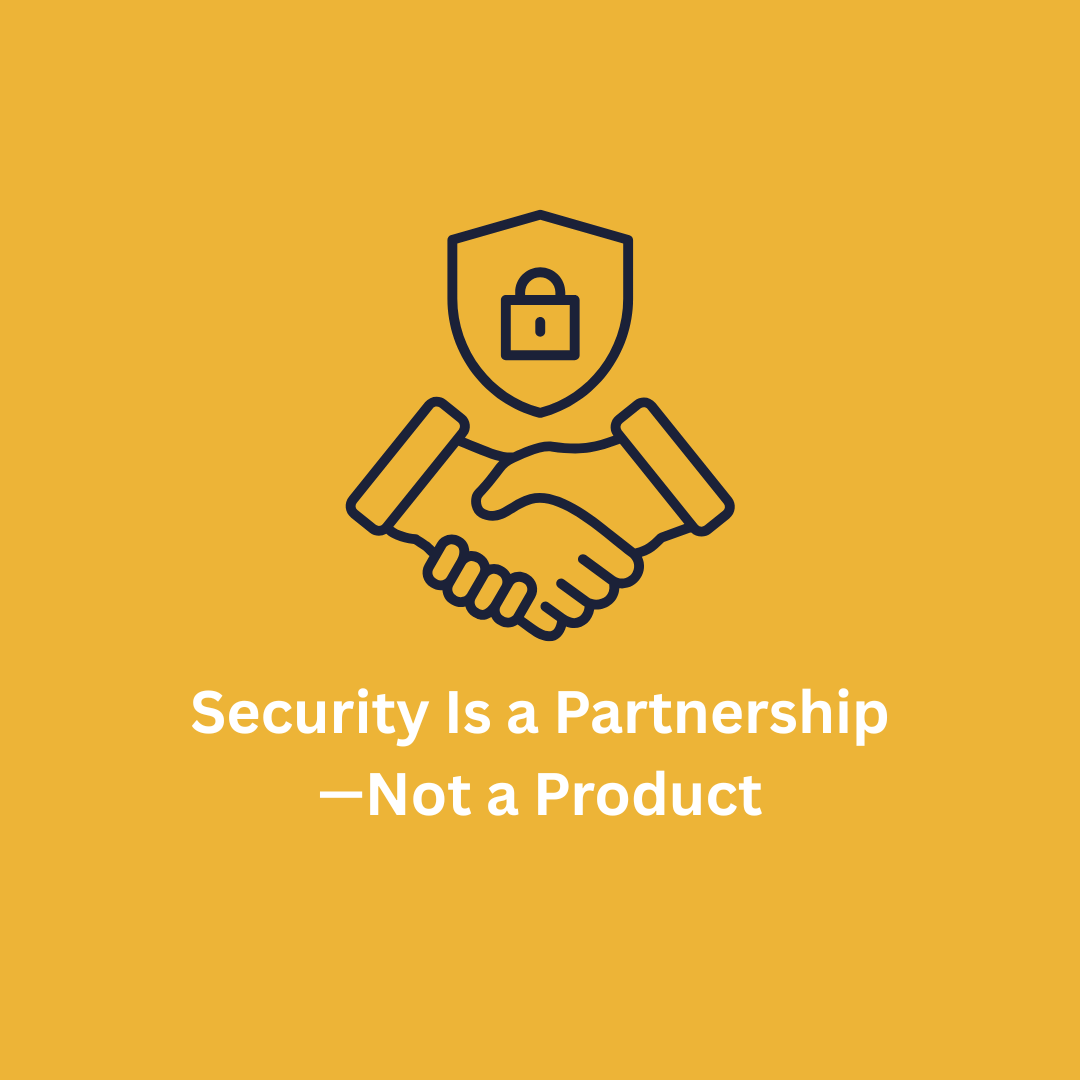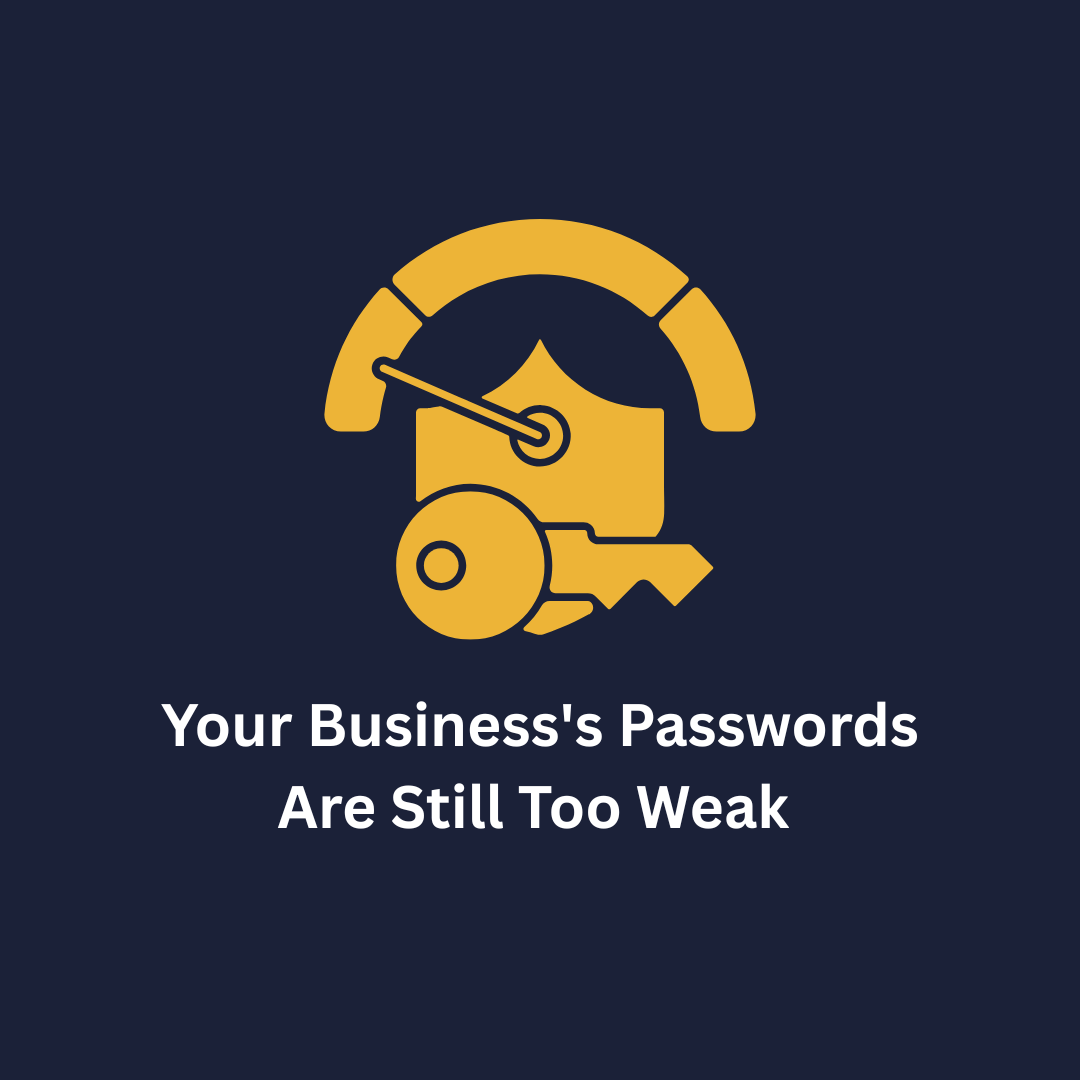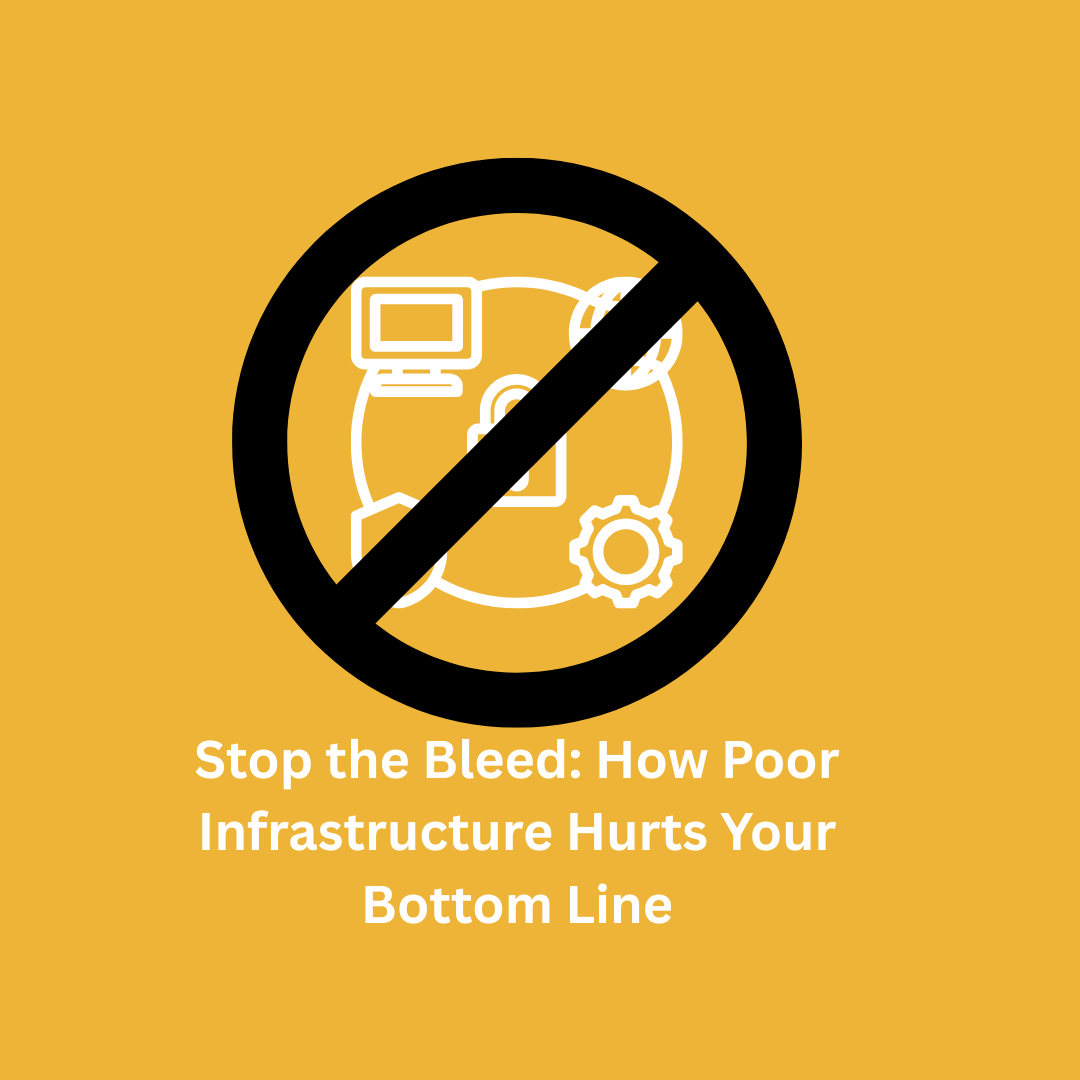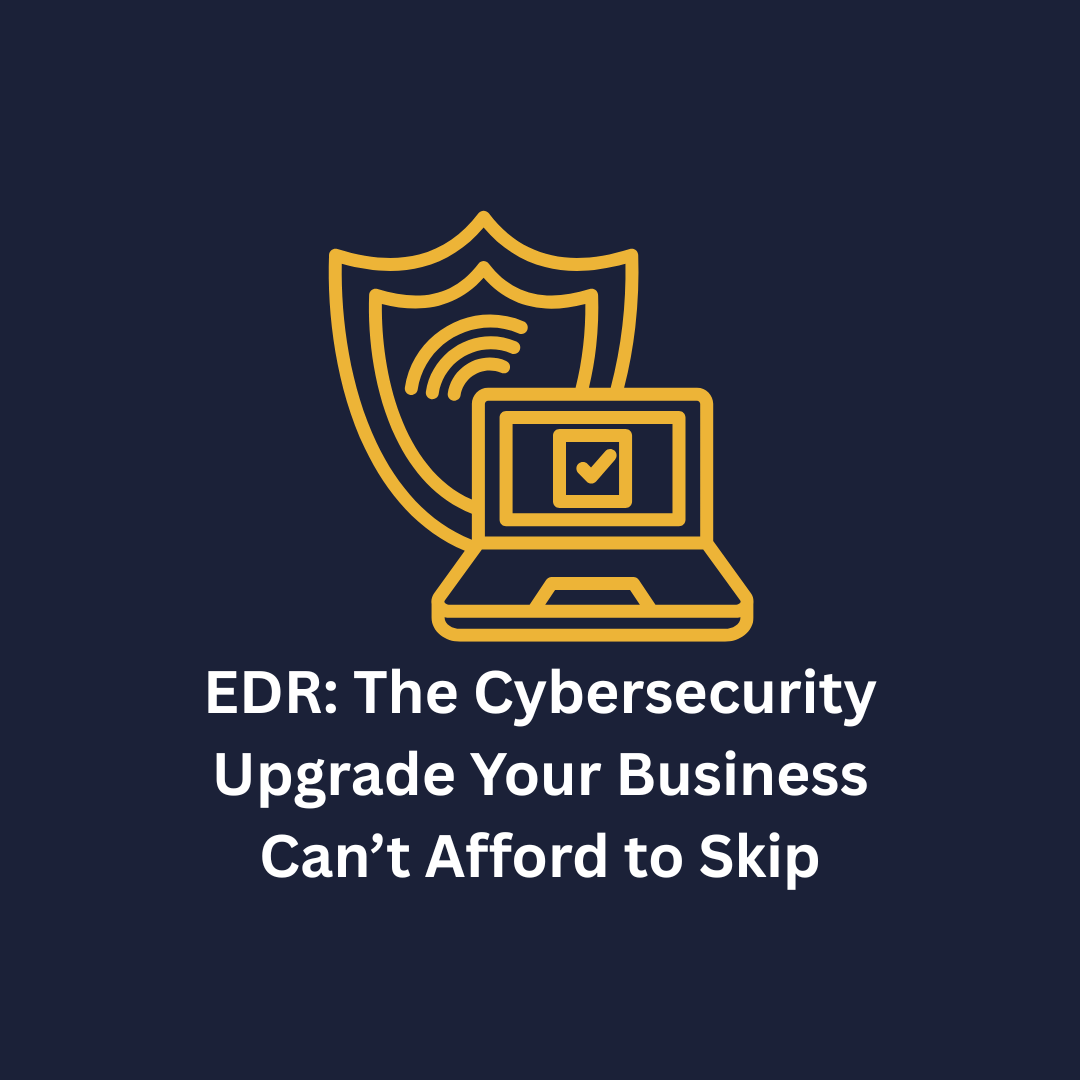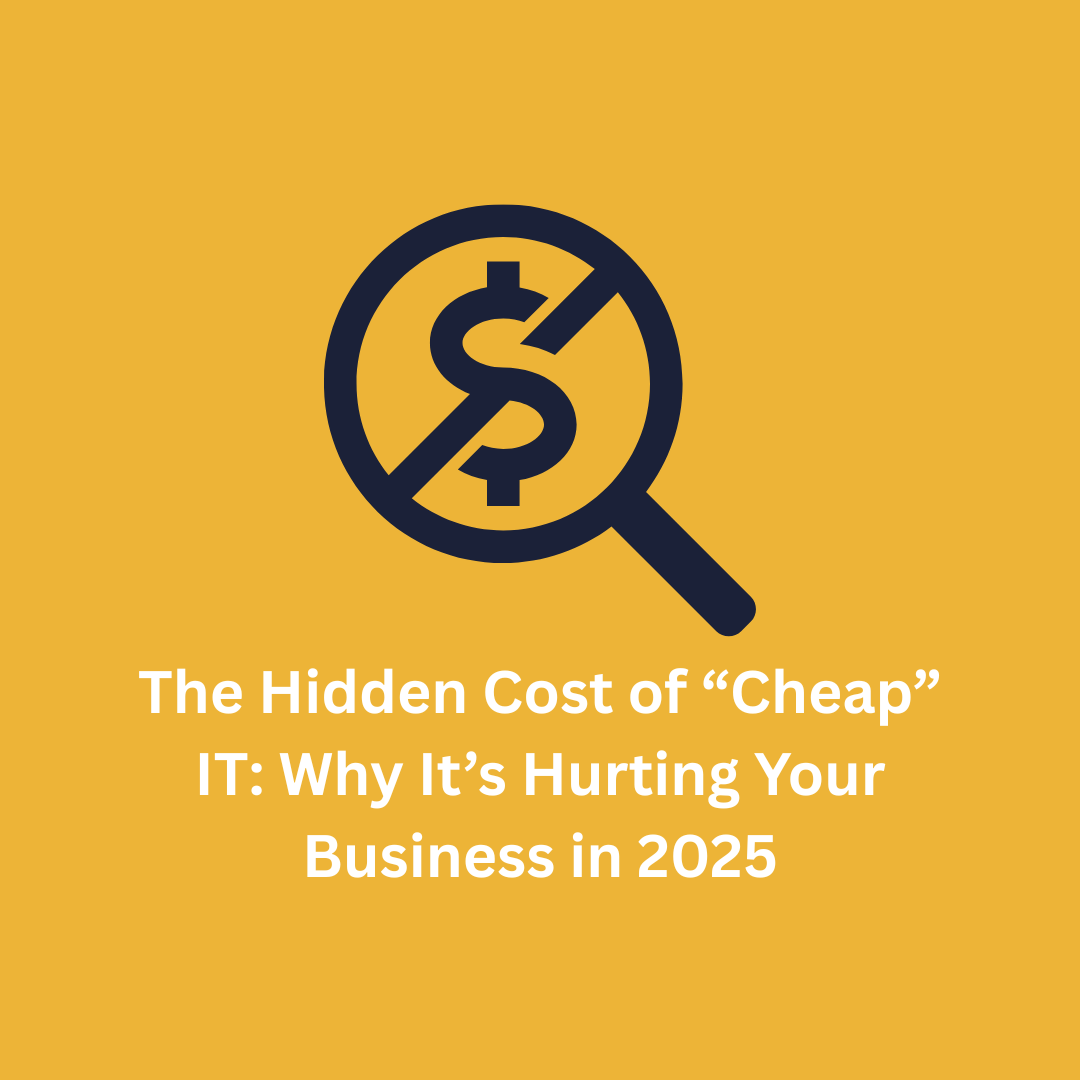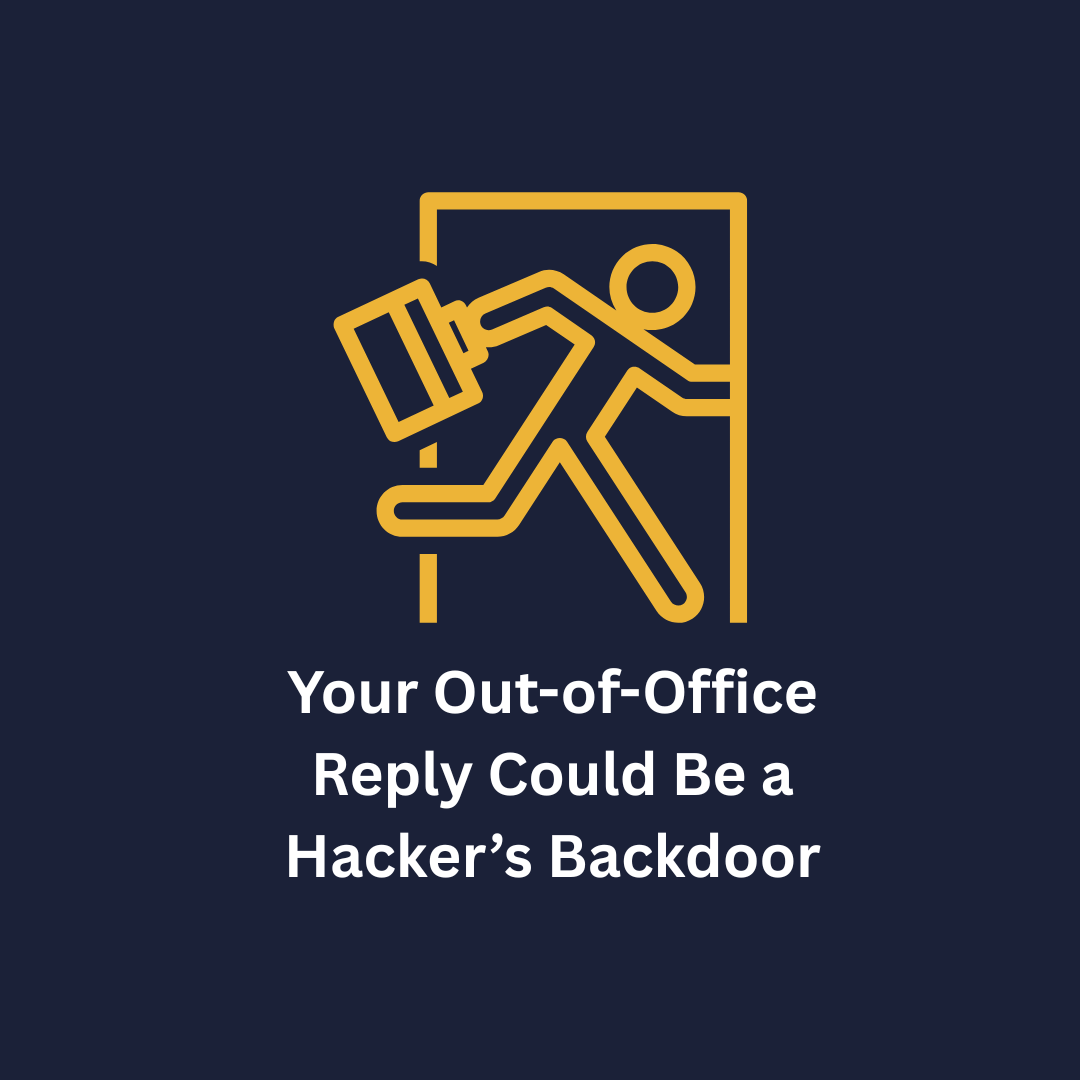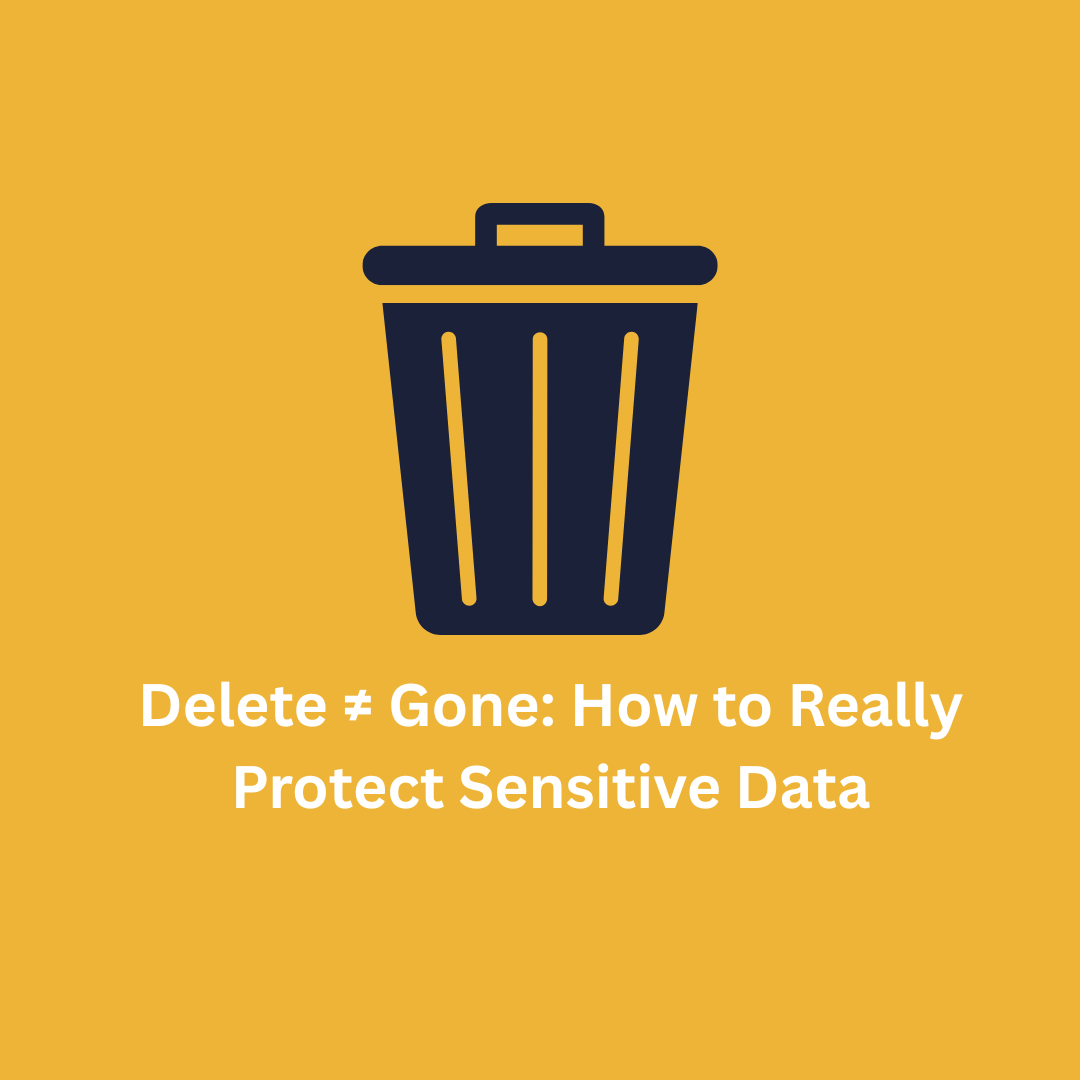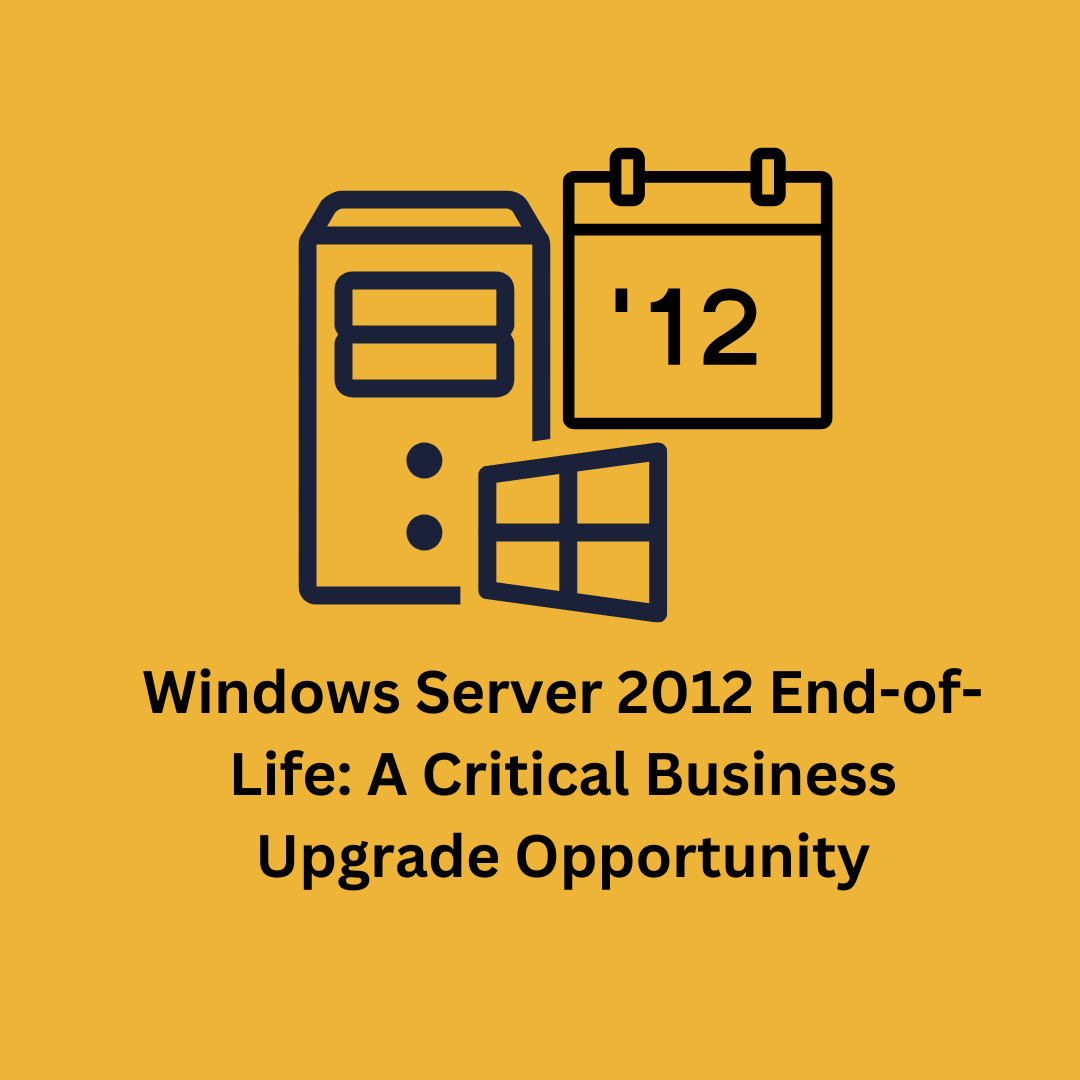5 Threats a VPN Cannot Protect you From
It has happened to all of us. While watching Television or a YouTube video, a commercial interrupts your viewing pleasure to tell you that a VPN service can solve all your online privacy issues. Well, the truth is more complex than that.
So, you have a VPN – Great! A VPN certainly boosts your anonymity and protects you from some digital threats by masking your virtual location. However, not even the best providers make you completely invisible online.
It is vital to be fully aware of the risks you are exposed to every time you access the internet or use an online service. However, there is no bigger threat than believing you are protected when you are not. Read on to learn about five situations where a VPN cannot protect you, and what you should do instead.
1. Social media leaks
While we are trying hard to hide our digital footprints, we are also happy to give away a piece of our privacy for a social media post. Social media platforms are an effortless way to gather someone's personal information—law enforcement does it and, as you would expect, hackers get in on the action, too.
While a secure VPN protects your identity, it cannot hide the personal information you voluntarily share on your social media account. This includes your name, email address, and phone number, but also the likes, shares, and posts you make.
Before posting a video or picture, you should always make sure that sensitive data (your home address, for instance) is not visible. We also recommend revising your account's privacy settings to minimize the data you share with others. By default, most social media sites privacy settings are pretty open, so go through them and make sure you are sharing only what you want shared about you.
2. Phishing attacks
Phishing is an online fraud where hackers use emails, text messages, and even phone calls to access your sensitive personal data. They may trick you into revealing your bank account details to commit financial fraud or by tricking you to click on a malicious link that will infect your device with malware or viruses.
A VPN cannot prevent you from landing on a fraud website or sharing your personal details with someone on the web.
Thanks to AI-powered tools, attackers can quickly craft convincing messages. The good news is that, despite how well-made the messages are, you can always spot fraud. As a rule of thumb, if something is too good to be true it is. We recommend paying attention to senders' email addresses. Attackers tend to use general emails instead of corporate ones. Watch out for spelling mistakes and other grammatical inaccuracies. If you have even the least amount of doubt in your mind, listen to yourself and verify the authenticity of the e-mail.
3. Malware and virus infections
Phishing is not the only way attackers try to compromise the security of your devices. Malware and viruses are often hidden in websites and online ads, ready to make their way into your operating system and run riot. Again, a VPN usually cannot help you here.
There are, however, some VPN services that offer malware-blocking tools. For instance, some VPNs automatically prevent you from accessing dangerous websites while checking your downloads to ensure they are safe. However, they do not monitor processes for suspect behavior, for instance, so it is unlikely to catch the very latest threats. That is why we recommend combining your VPN's malware-blocker tool with reliable antivirus software for full protection.
4. Tracking cookies
The most common type of web tracker, tracking cookies, are tiny snippets of code that are stored on your browser once you access a website. Some cookies are essential to customizing your digital profile—your billing address and payment method on e-commerce platforms, for example—but others can be more intrusive and spy on your online activities even after leaving the website.
While a VPN keeps you more anonymous online, preventing some forms of tracking, it only works at a network level. Tracking cookies, though, are stored directly on your web browser. Hence, VPNs are not much help against such trackers.
To mitigate the risks, we recommend clearing your internet cookies on your devices on a regular basis. You will lose some convenience, as it logs you out from your personal accounts, but you will win on privacy.
5. Online accounts digital trail
Like your interactions on social media, a VPN cannot completely prevent your identity and activities from being tracked. This means that, for instance, Google will always know your search history if you are signed in to your account—no matter if you have your VPN turned on in the background.
As a rule of thumb, you should log out from your accounts when conducting sensitive activities. Remember, switching to the Incognito mode is not a real solution as your online activities will be recorded every time you log into your accounts.
As we have seen, VPNs are not magic wands that will stop cyber threats and danger. Nonetheless, this software still protects you from risks and enhances your digital posture. Overall, VPNs are still a great piece of security equipment.
If you have further questions about VPNs or further cybersecurity features that we do offer our clients please reach out today at 877-686-6642.


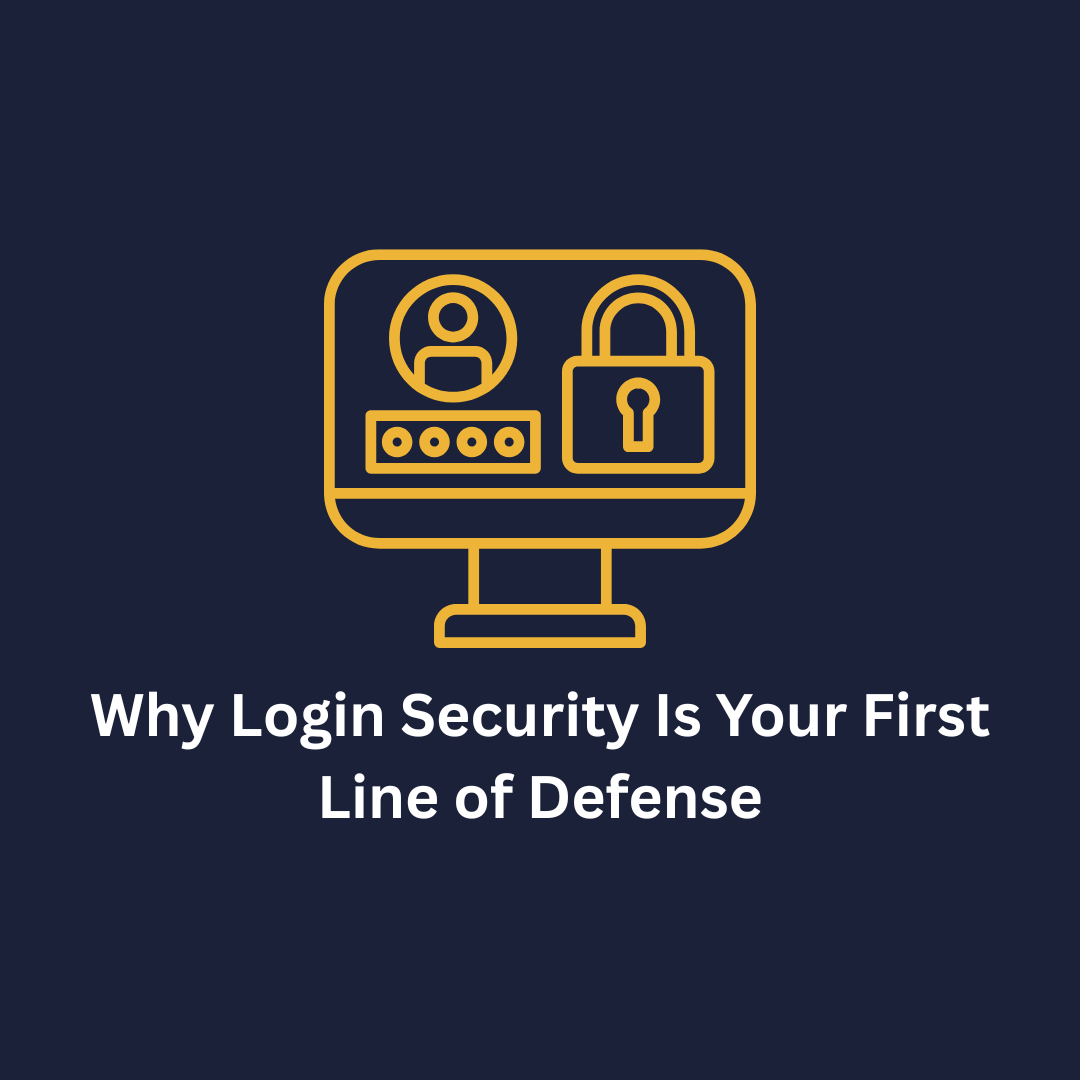
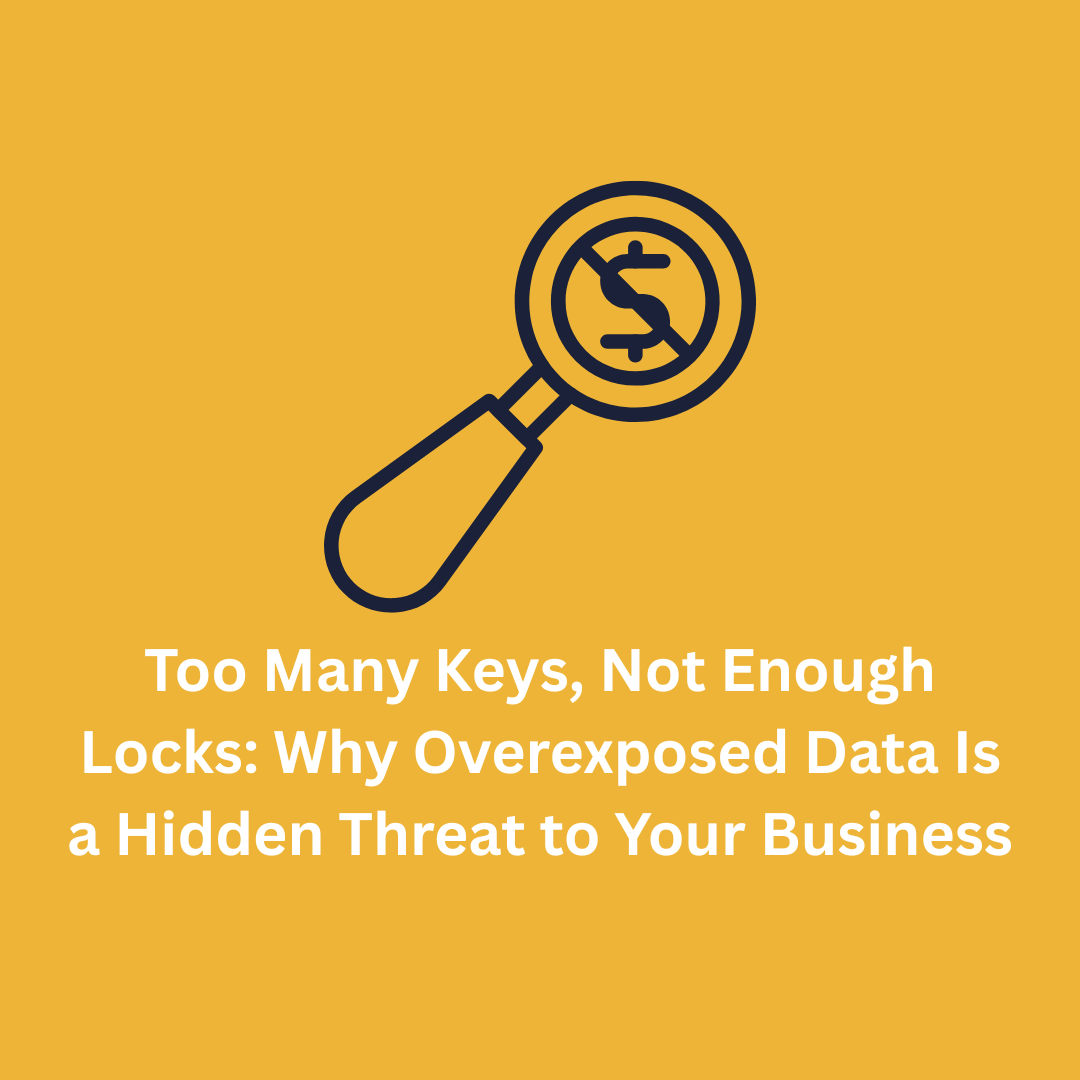
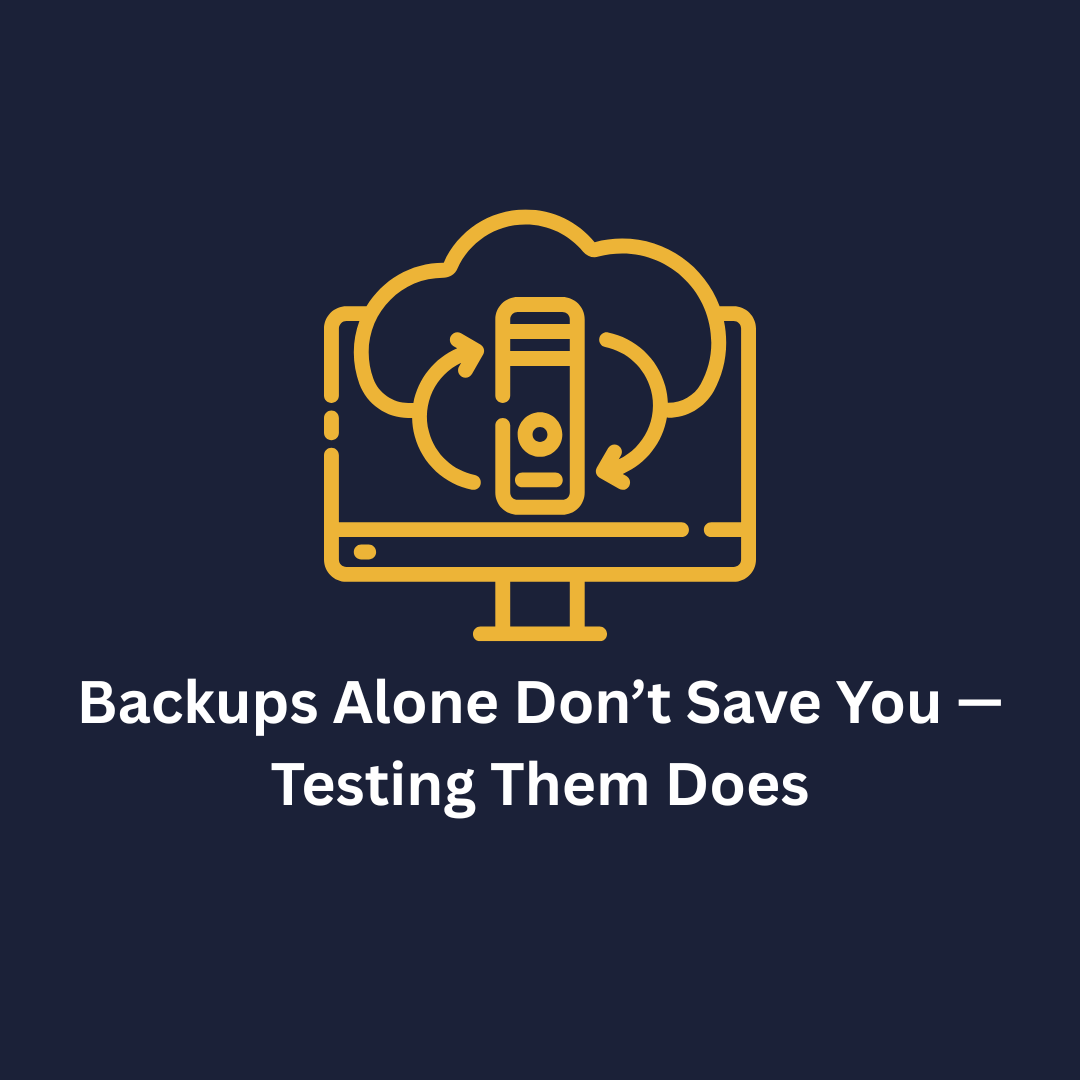
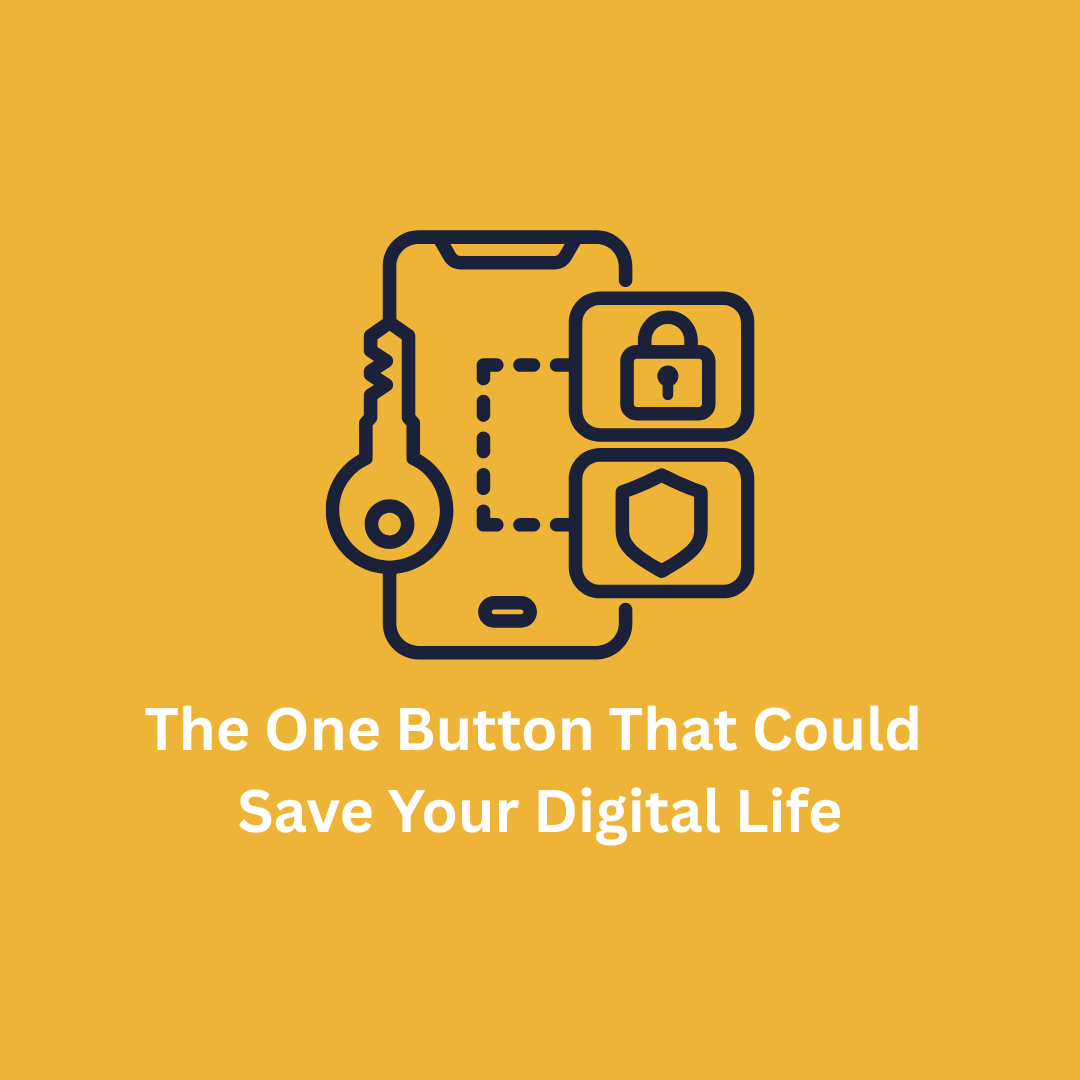
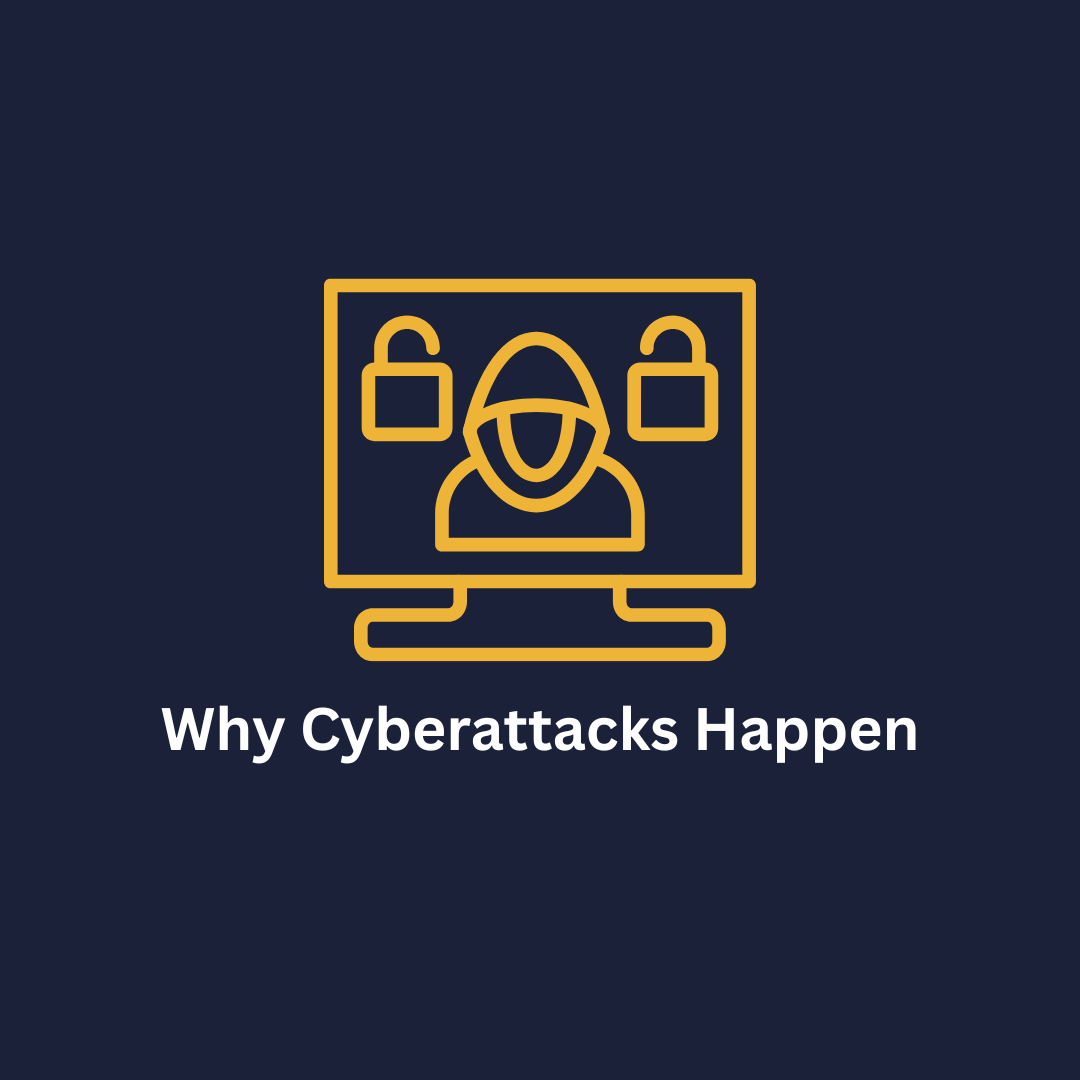

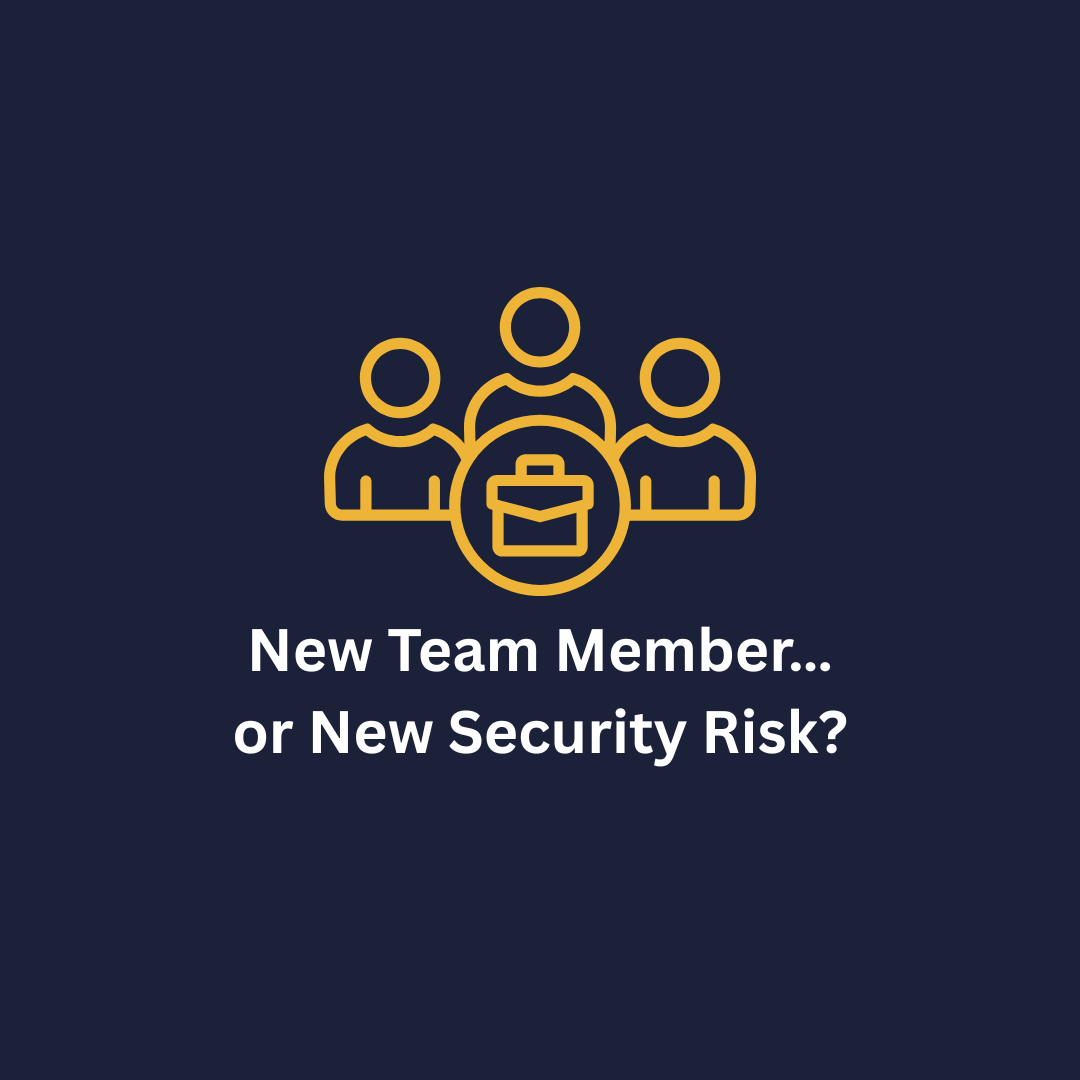
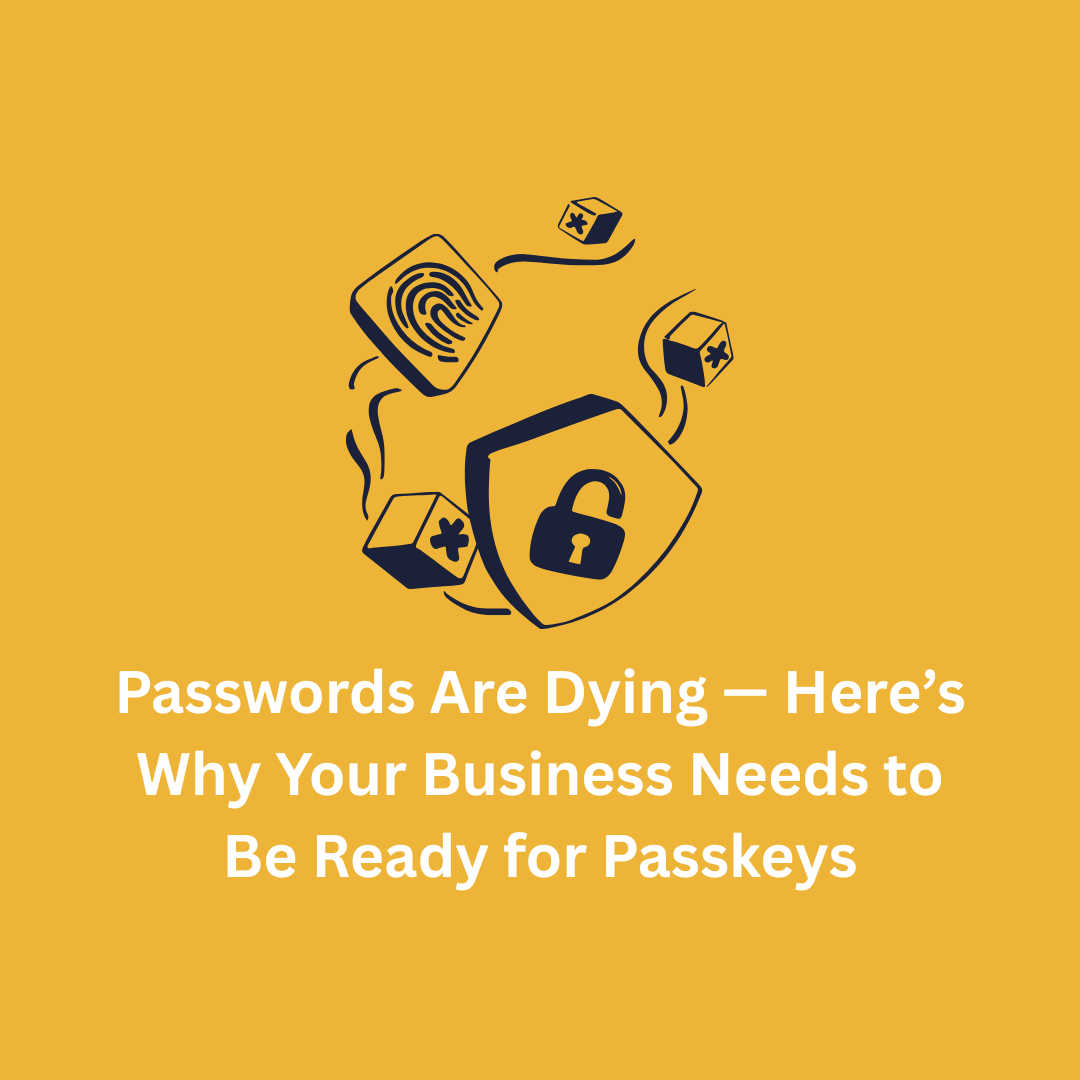
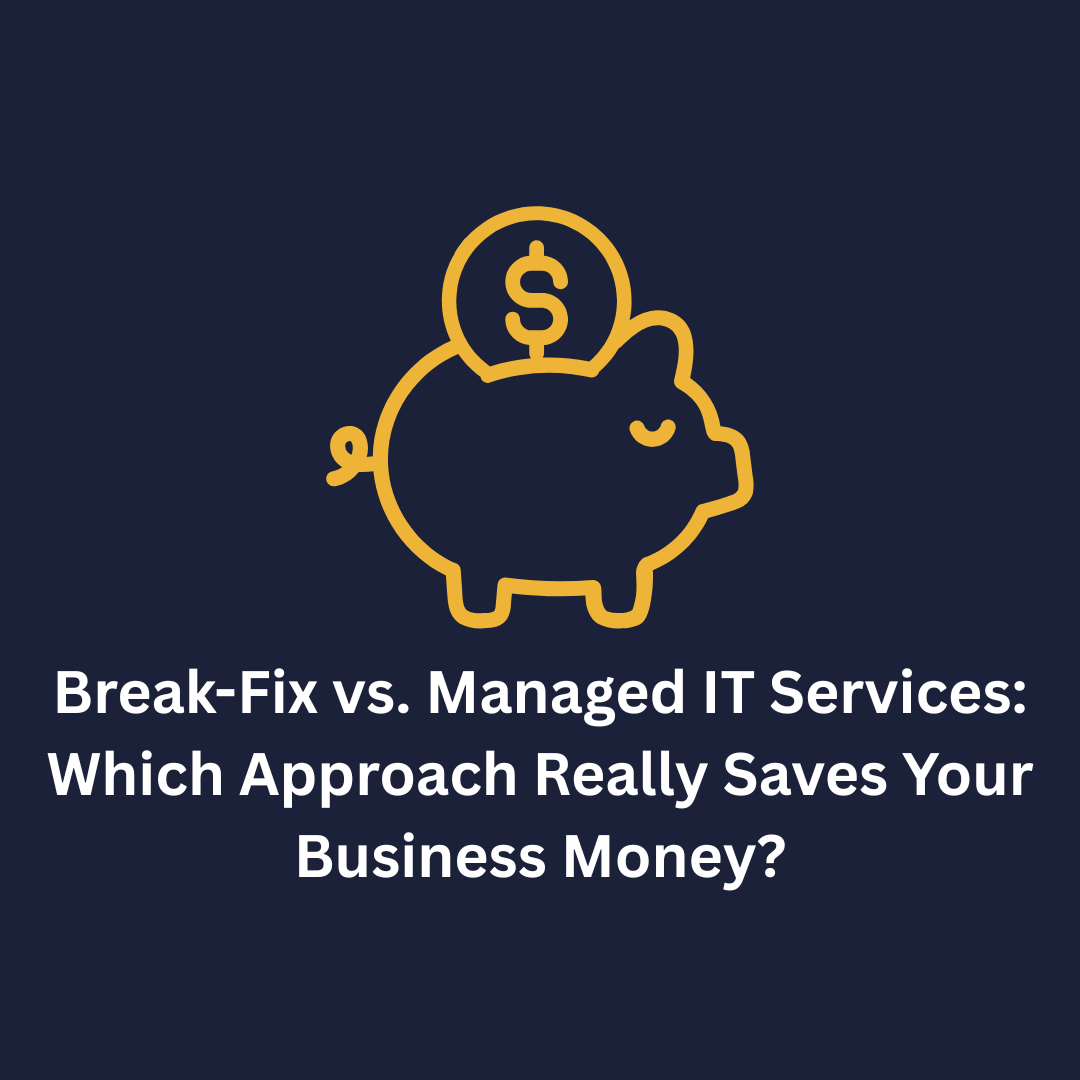
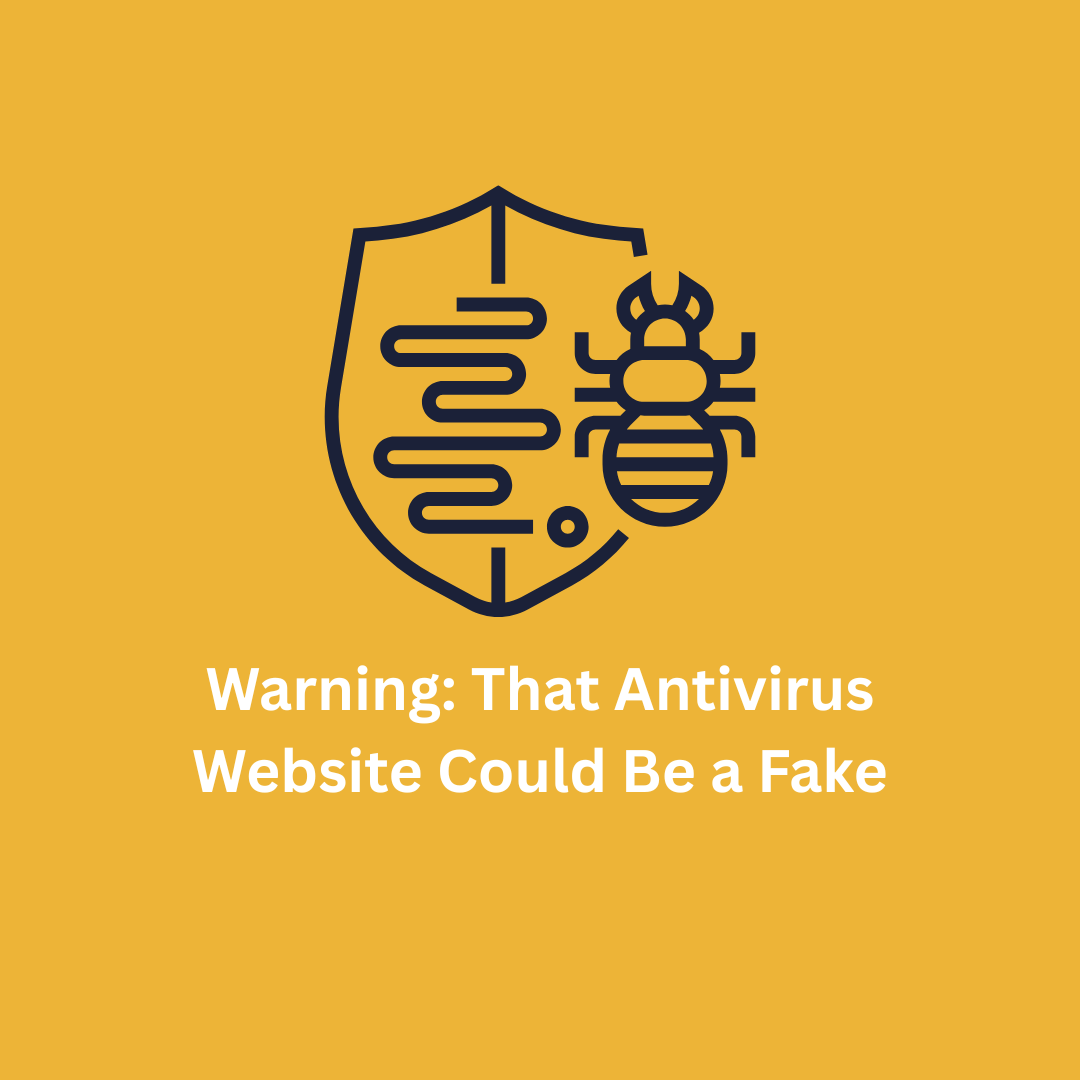

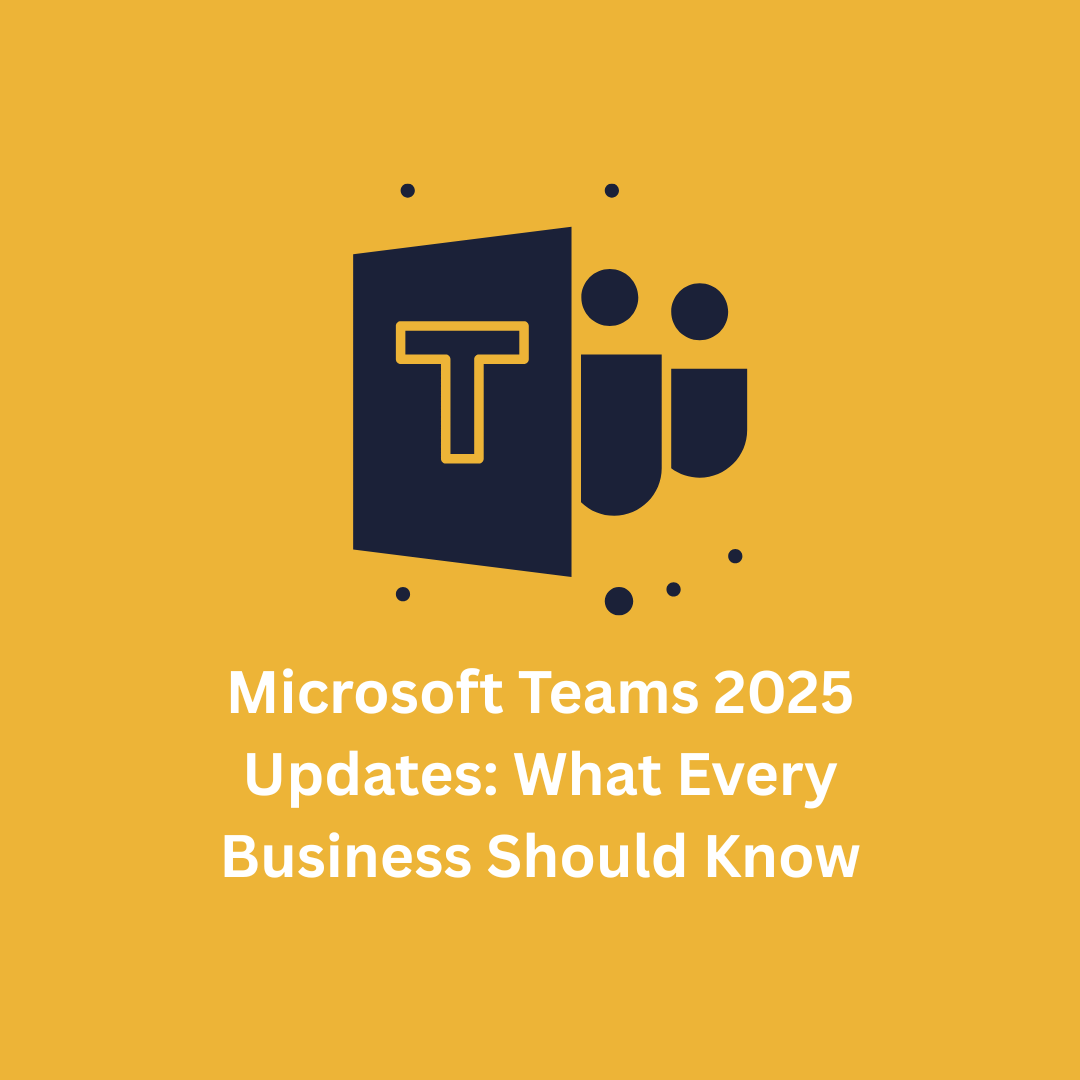
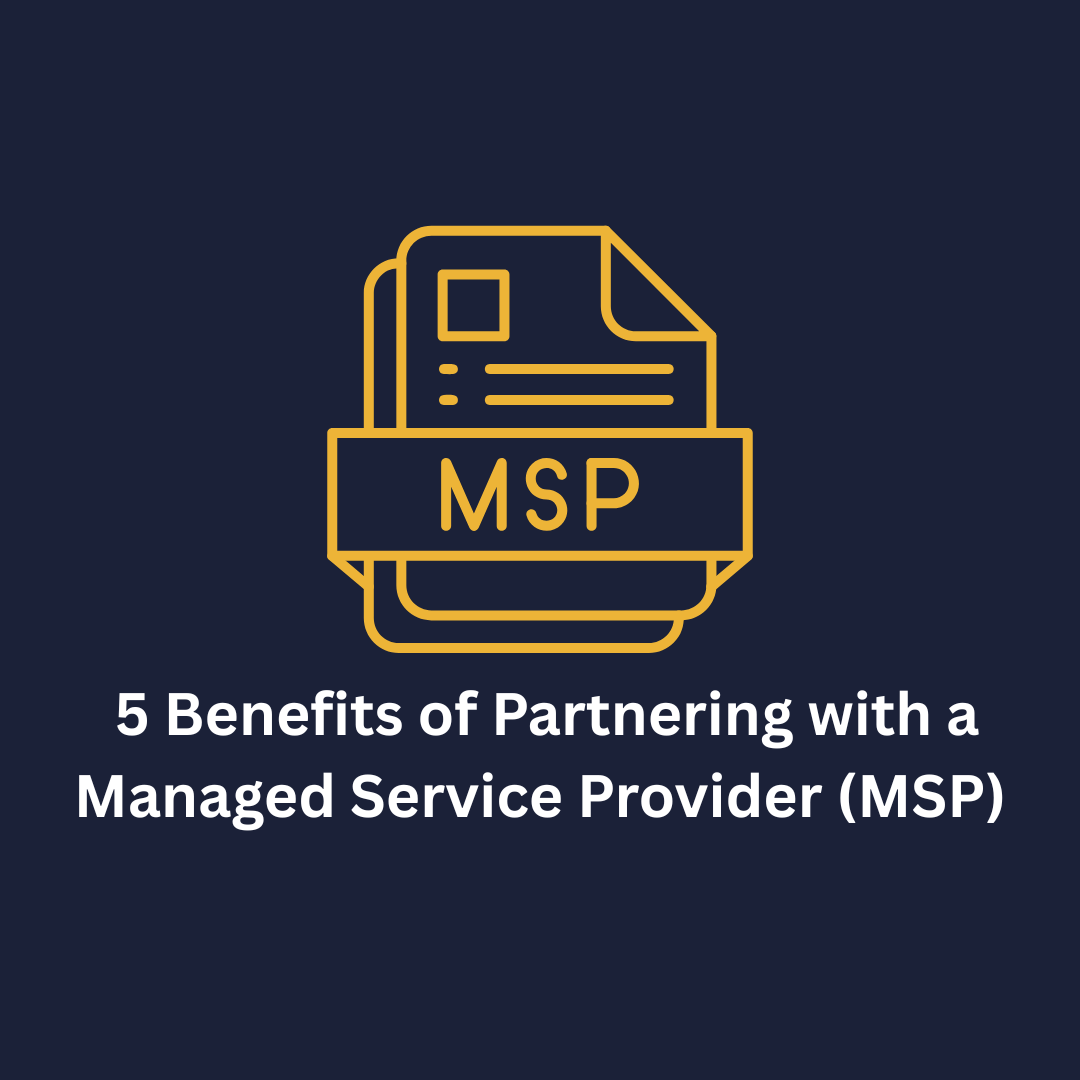
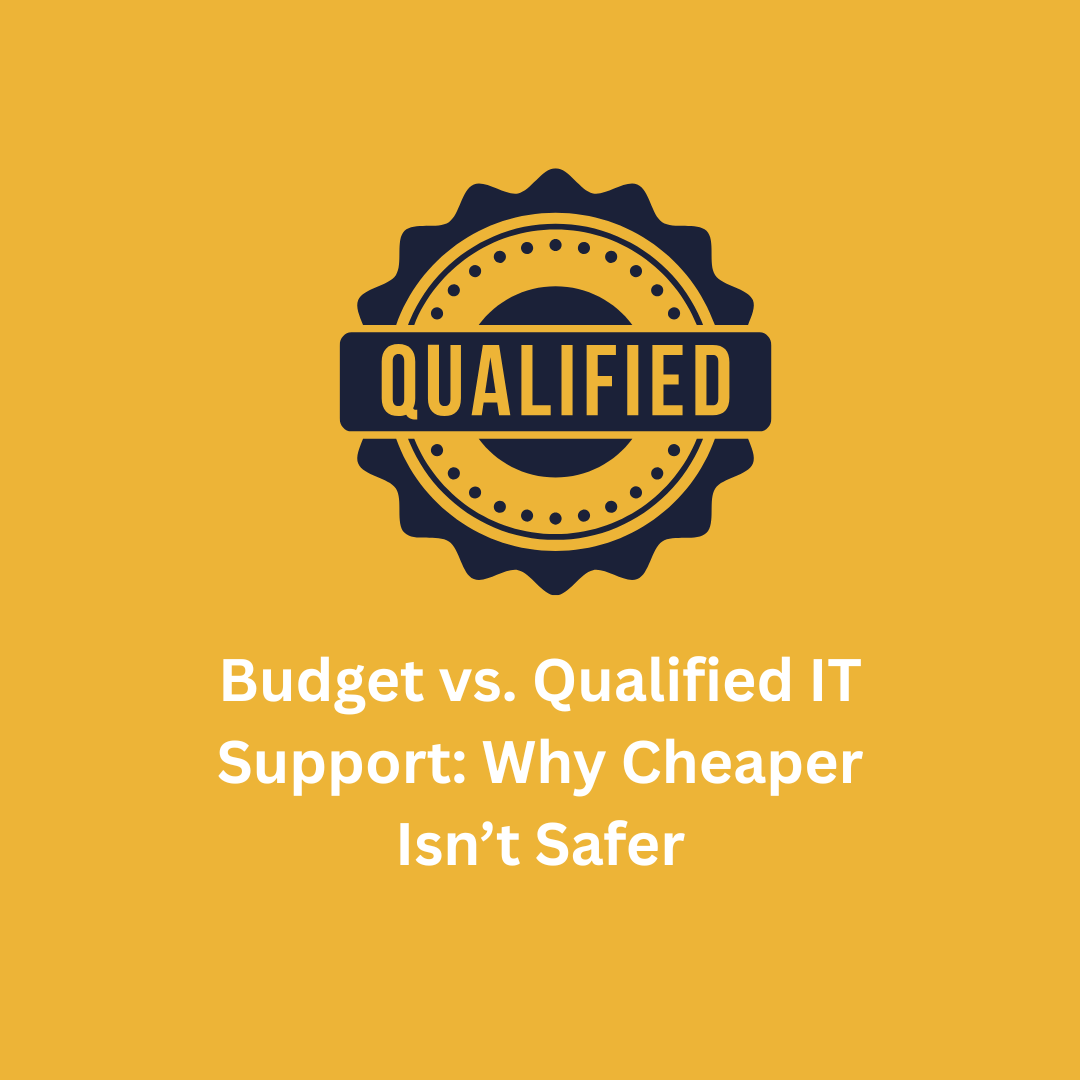
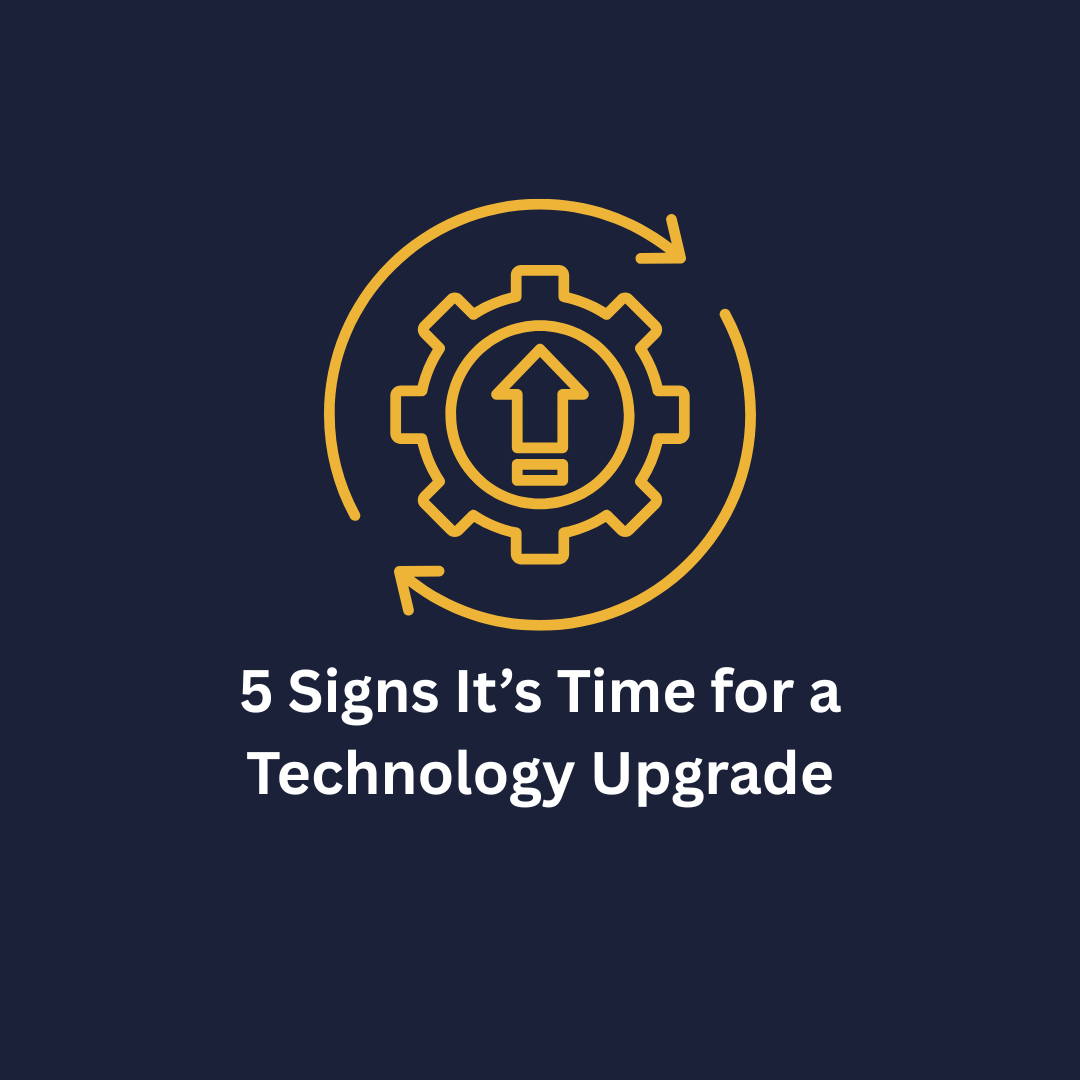

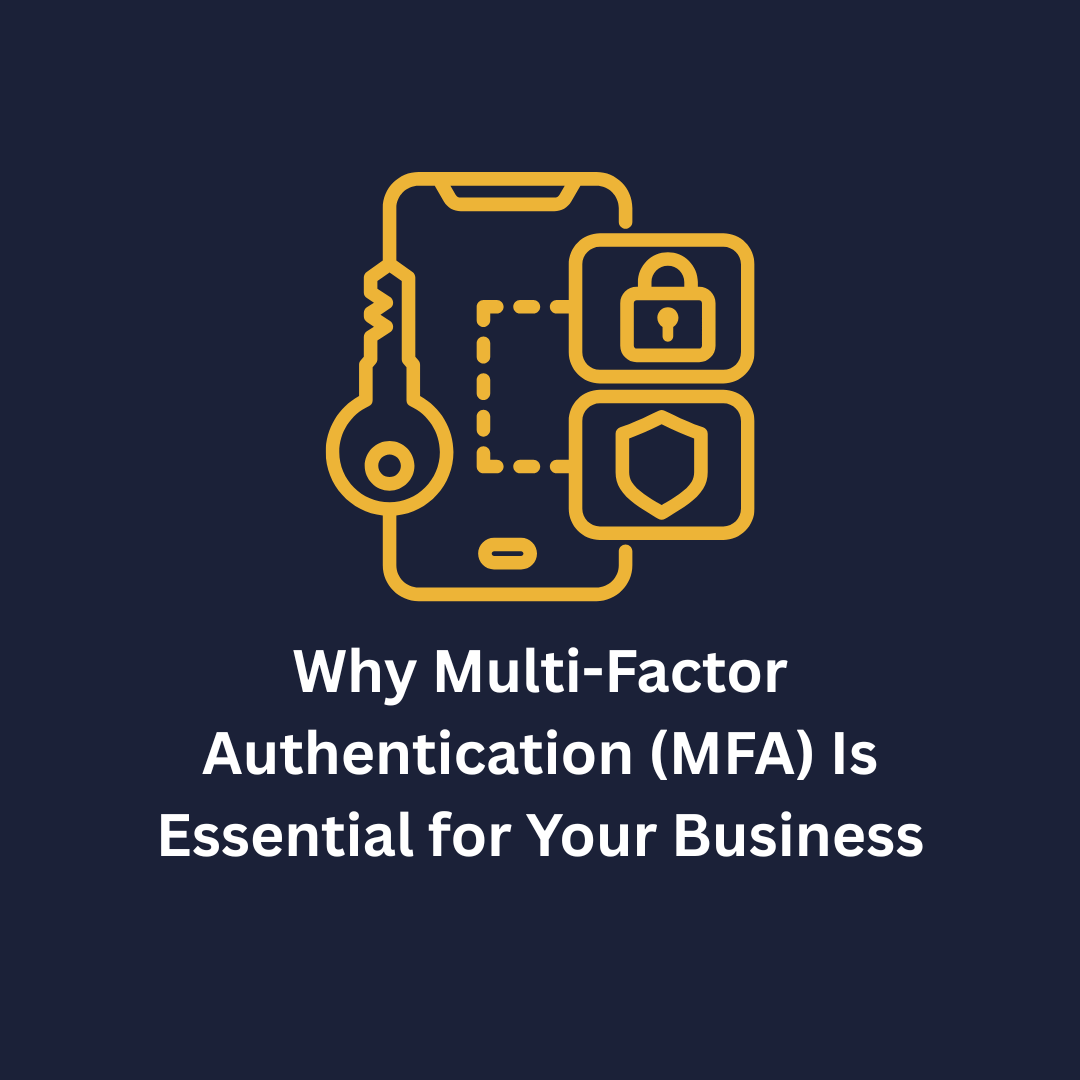
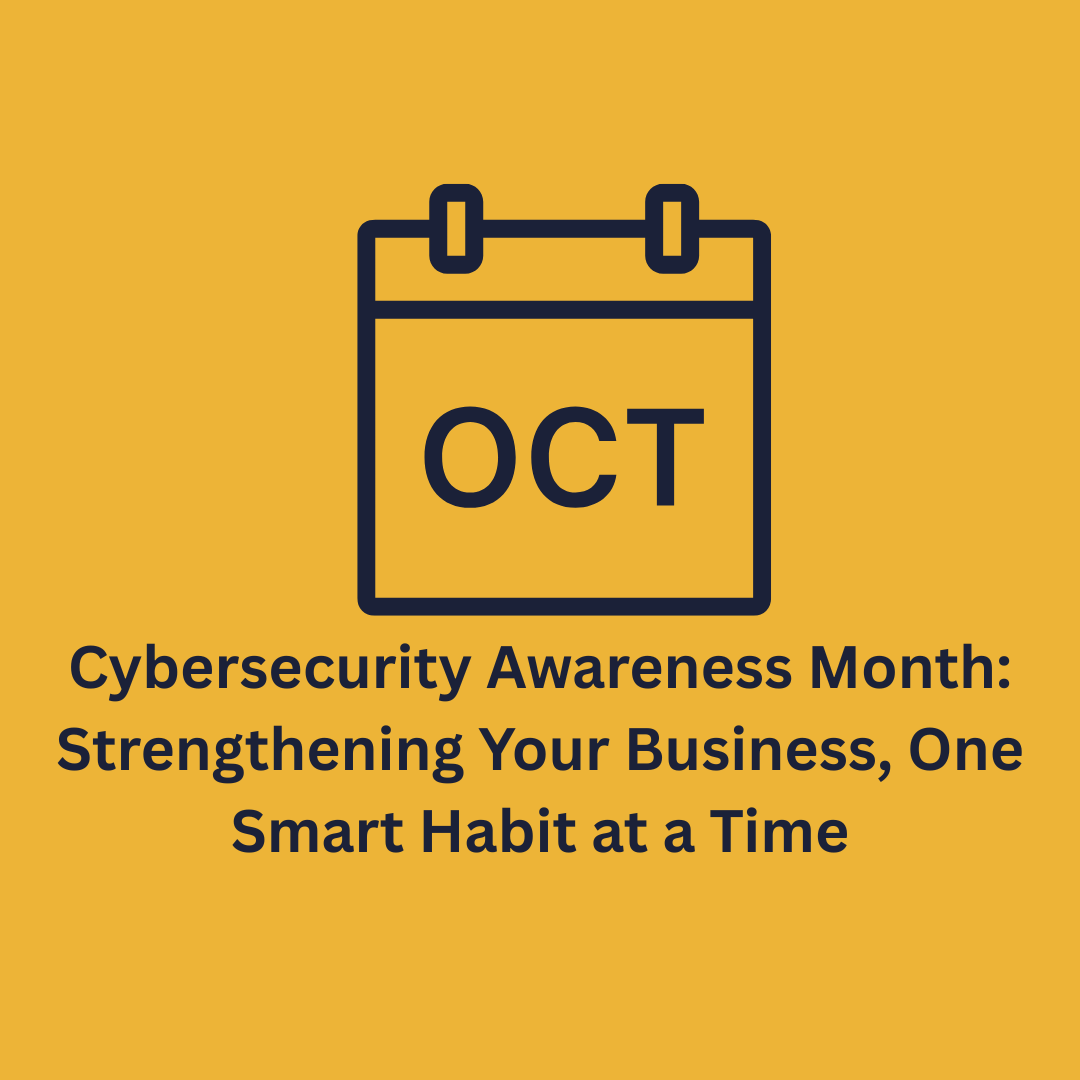
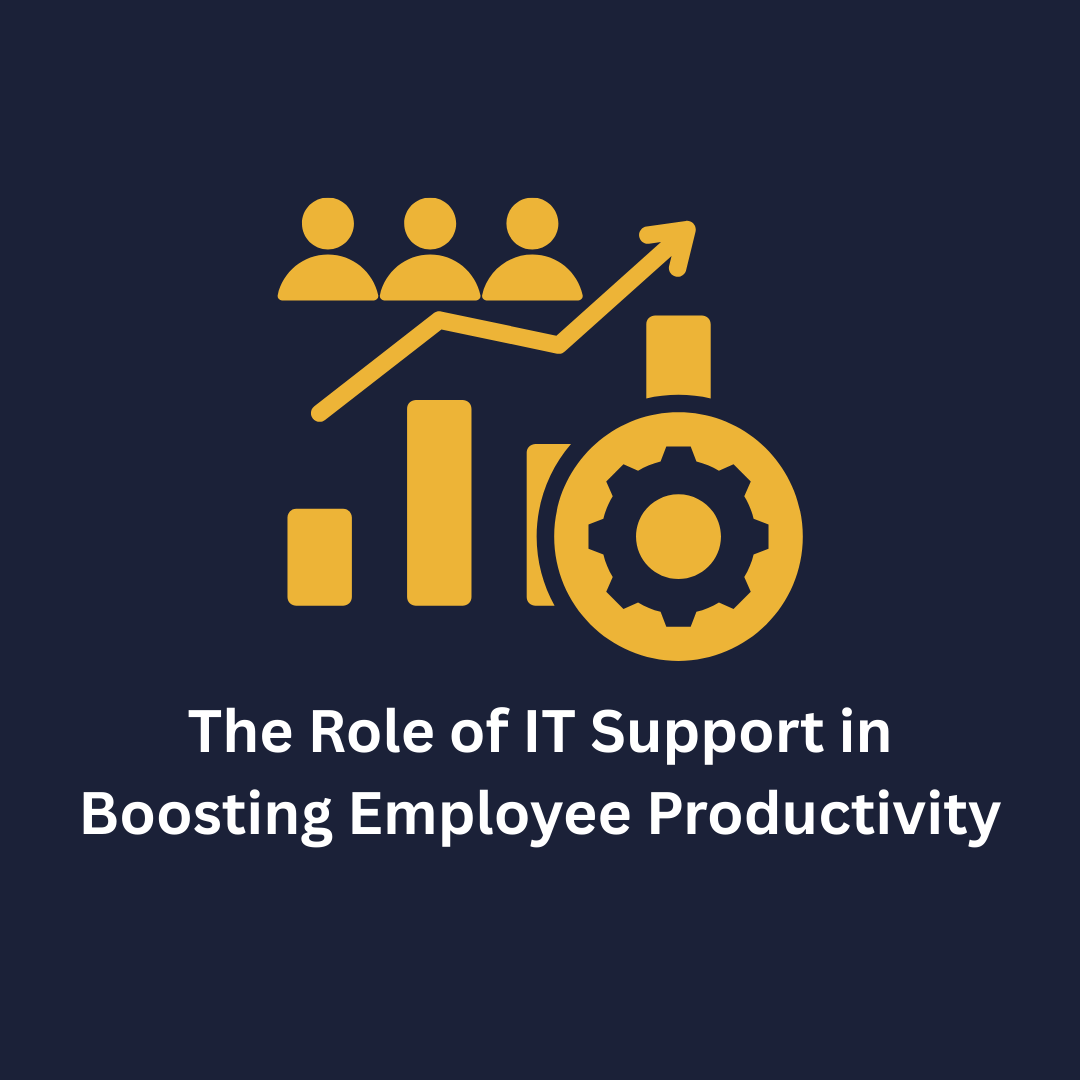
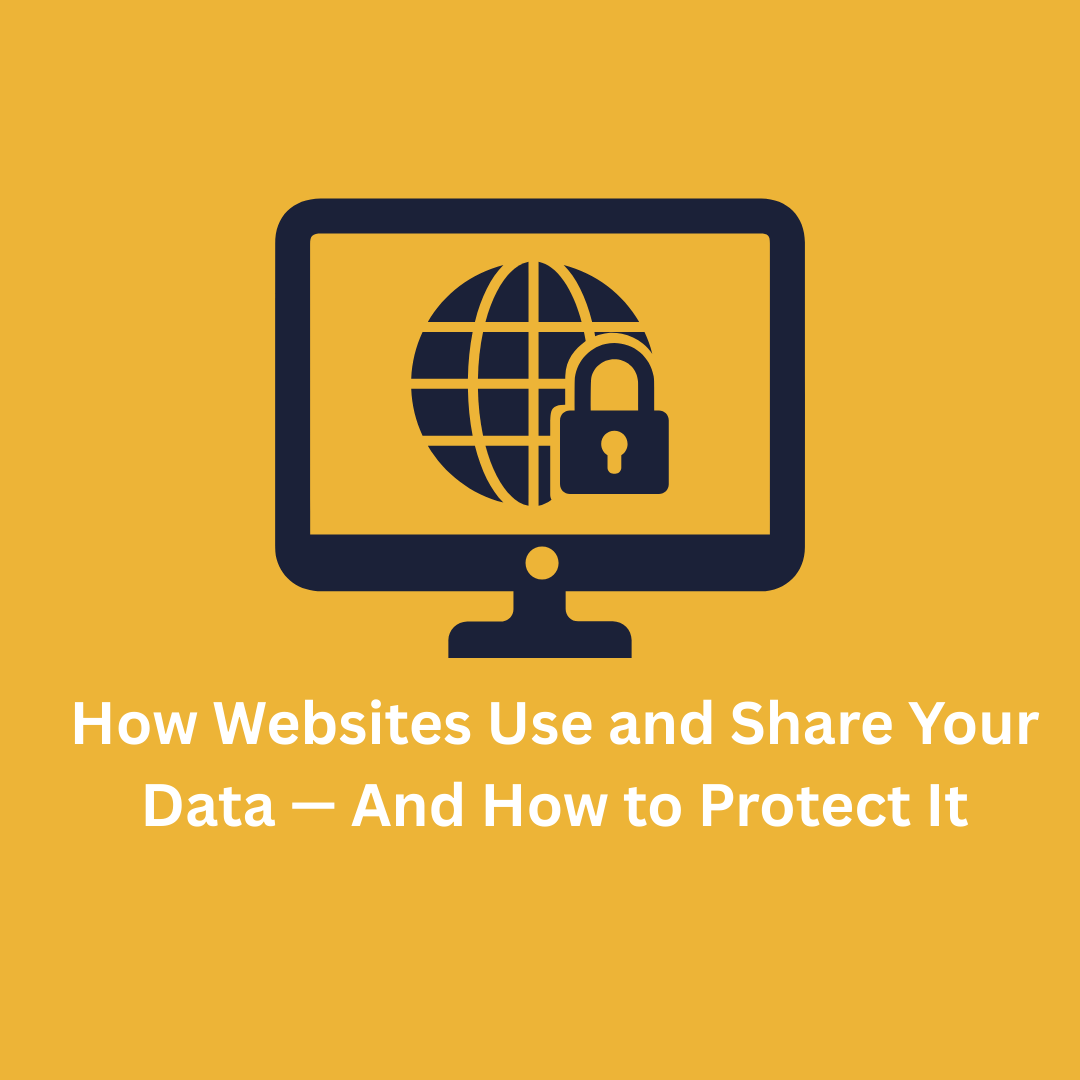

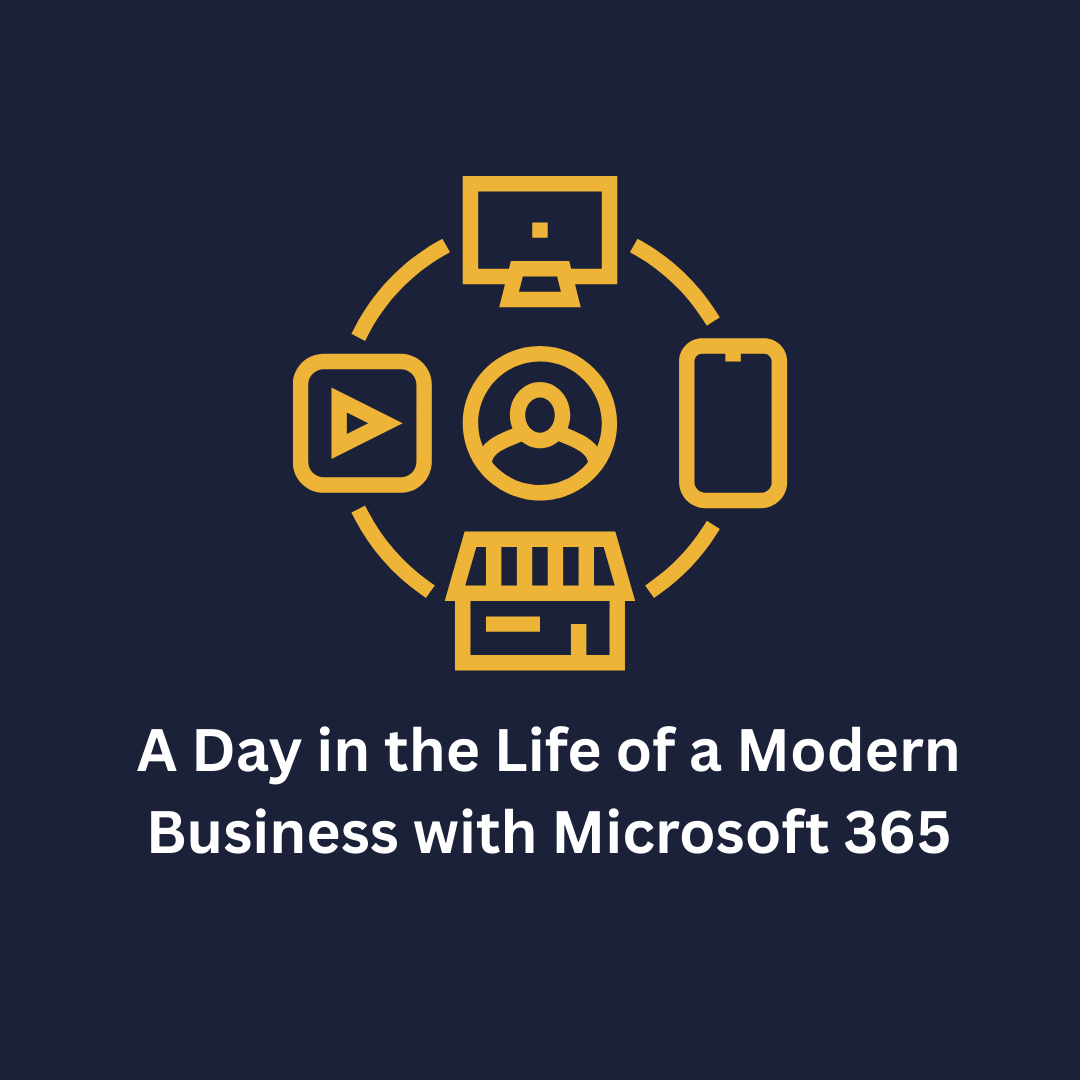
.png)

